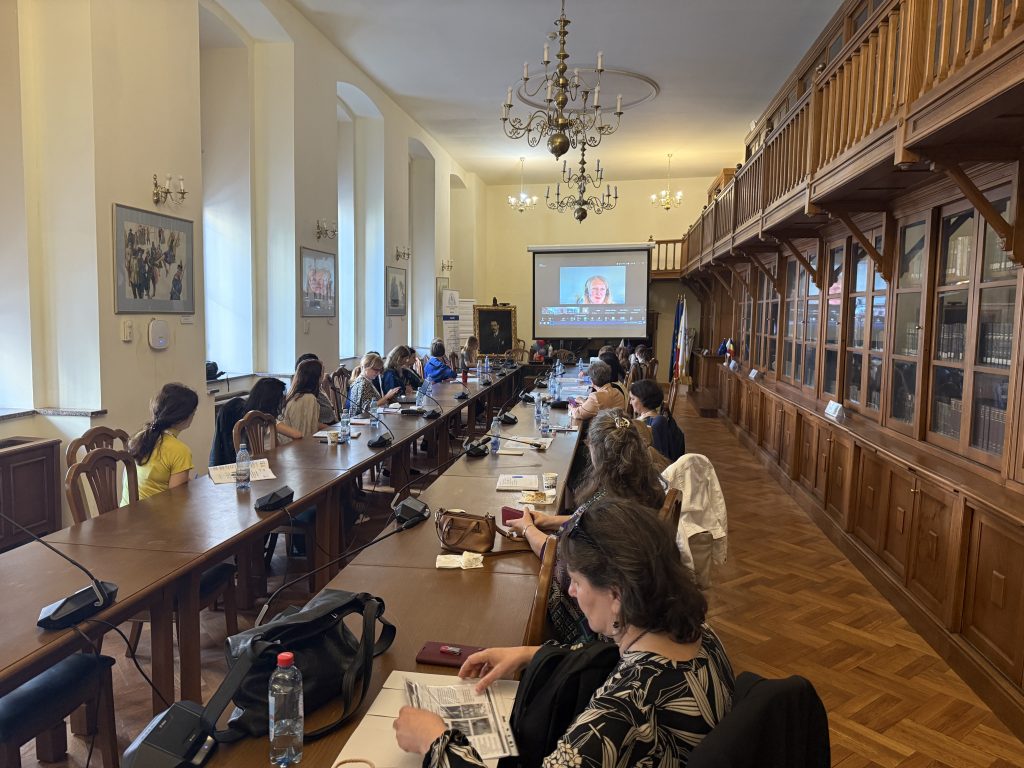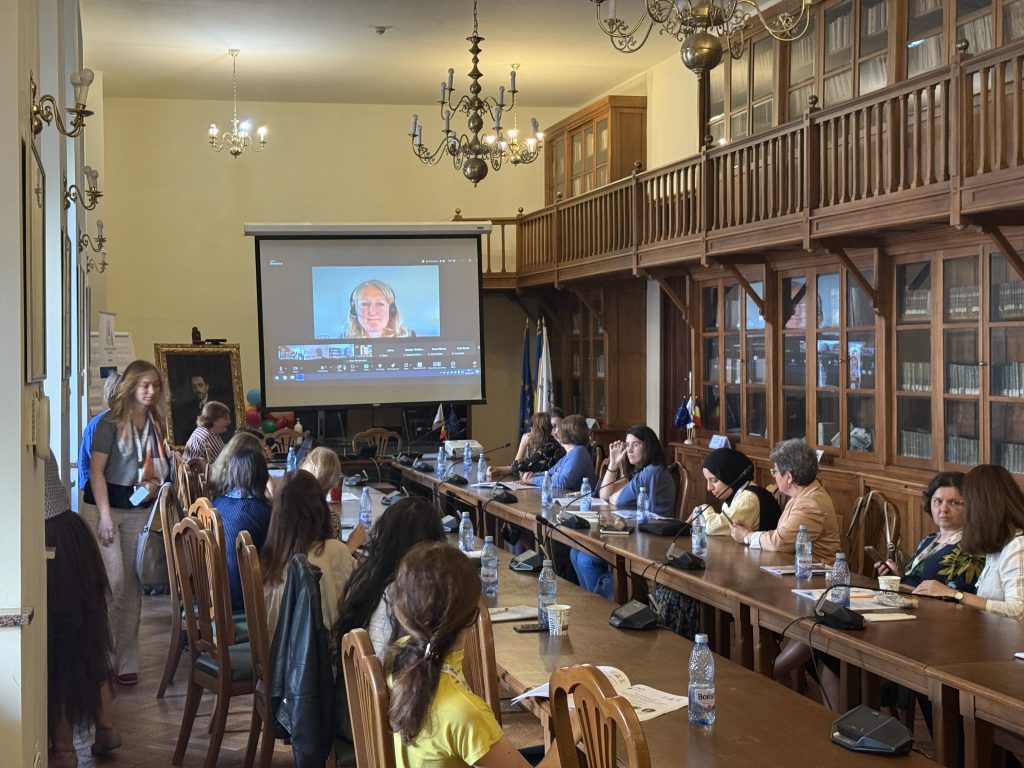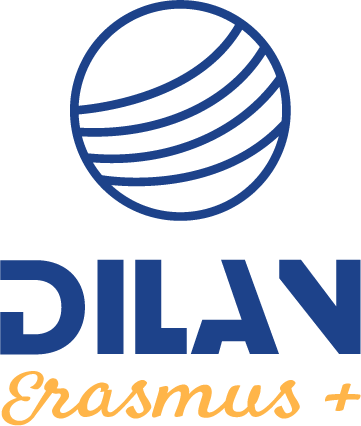
Dissemination Event
Innovate and Engage:
Bridging Research Communication and Society
Innovate and Engage:
Bridging Research Communication and Society
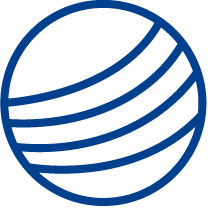
Building on the objectives of the DILAN project — enhancing the ability of scientists to reach diverse audiences through digital platforms — this conference serves as a European forum for innovation, inclusivity, and interdisciplinary dialogue.
The European Union has recognized that effective public communication of science is necessary and a key priority for societal progress. In response, DILAN provides digital solutions, innovative learning tools such as MOOCs and online training courses, as well as specialized resources to boost digital literacy and the capacity for outreach. With a special focus on supporting women researchers and bridging both STEM and non-STEM fields, DILAN reinforces essential EU values including multilingualism, civic engagement, and the democratization of science.
13th and 14th of June 2025.
Bucharest University of Economic Studies
Keynote Speakers
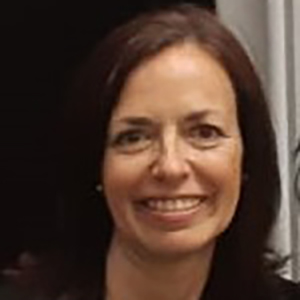
Carmen Pérez-Llantada
University of Zaragoza, Spain
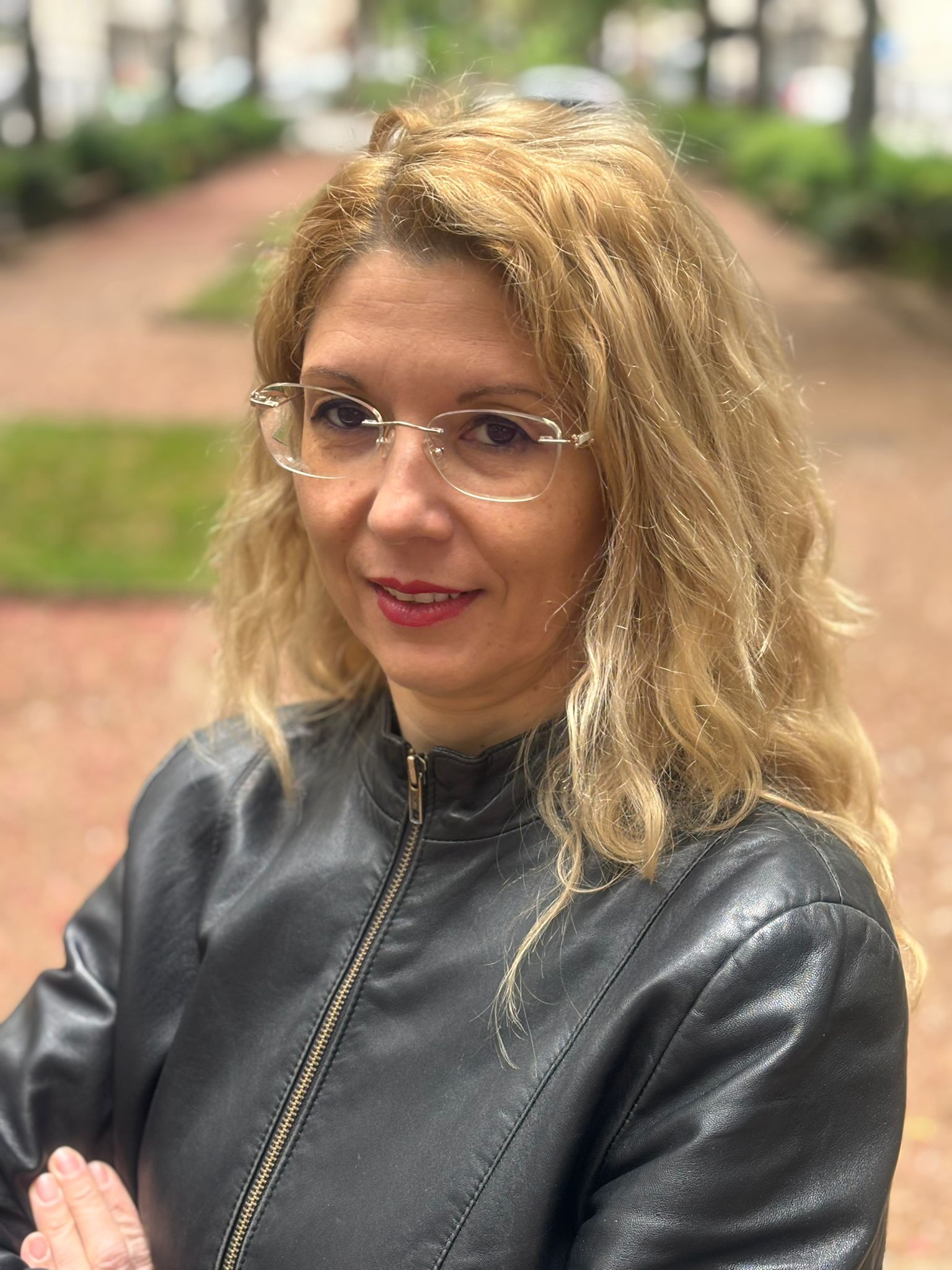
Roxana Patras
"Alexandru Ioan Cuza” University of Iași Romania
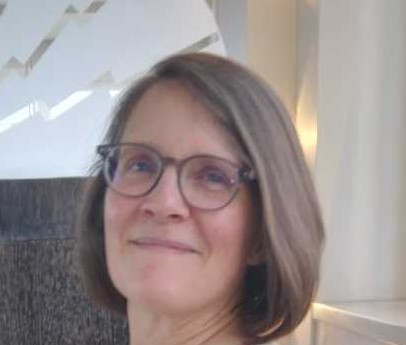
Dacia Dressen-Hammouda
Université Clermont Auvergne France
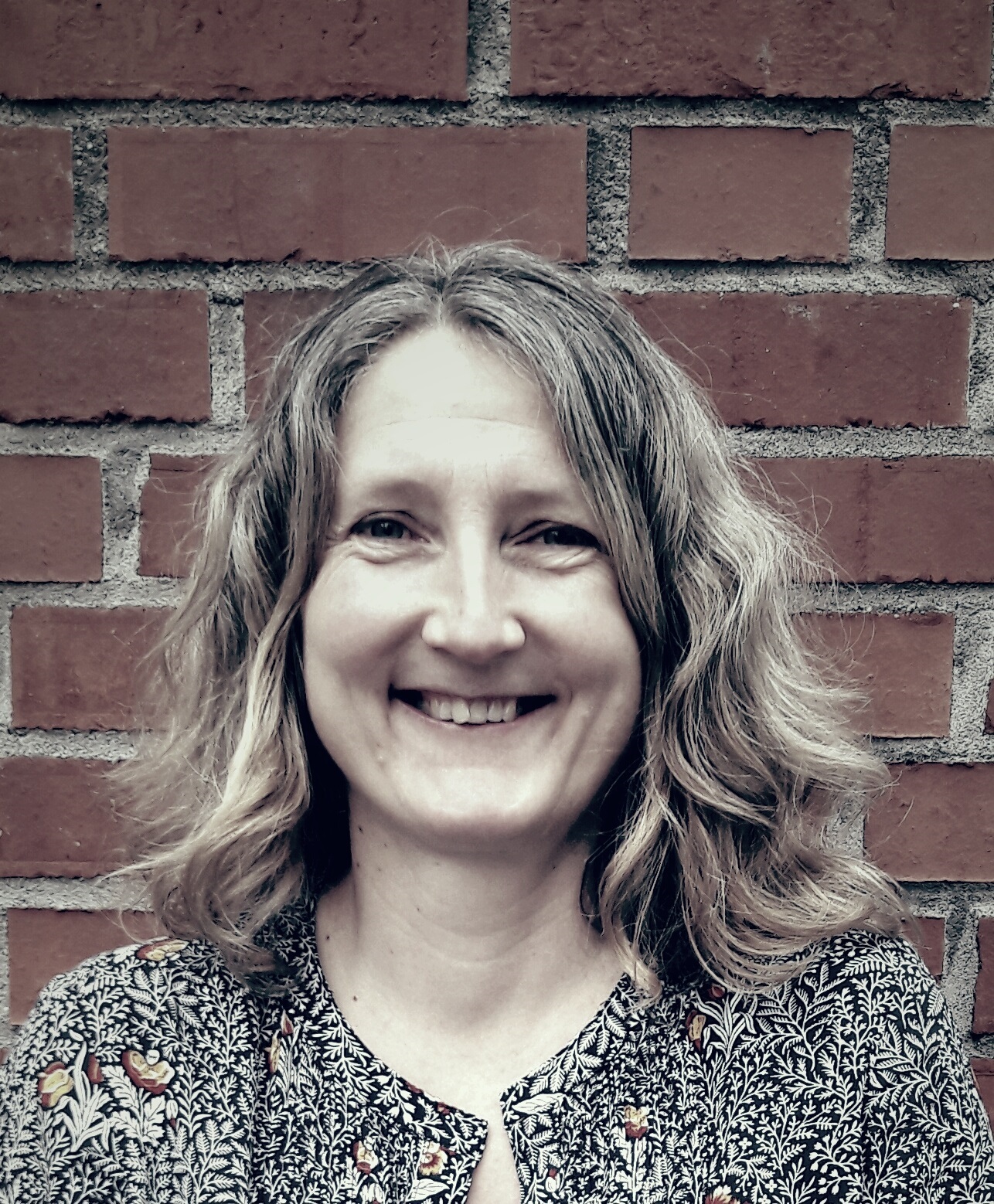
Kristin Solli
OsloMet University Norway
THEMATIC STRANDS
Digital Transformation in Science Communication, Science Democratization, Reaching Wide Audiences
- How are Web 2.0 tools and digital storytelling reshaping the dissemination of research?
- How can science communication foster public participation and social responsibility, ensuring that research benefits society at large?
Innovative Learning: MOOCs and Online Training for Researchers
- Best practices in digital education with a focus on fine-tuning specific language skills and digital literacies
- Success stories reflecting the scientists’ journey to effective communication
Empowering Women’s Voices in Science
- Strategies and initiatives that promote inclusivity and gender equity in research communication
- Digital skills development for effective communication in a variety of contexts
Inclusive Science Communication
- Pedagogical approaches for language and communication training for multilingual researchers in STEM, the Social Sciences and the Humanities.
- Transferability of communication strategies and techniques across languages and disciplines • Collaborative Networking among Multilingual Researchers
- The importance of collaborative networks for researching and publishing research outcomes o The role of multilingualism and collaborative networking for achieving higher visibility and impact in local, glocal and global contexts.
Art, Culture, and Science: Creative Interdisciplinary Collaborations
- The intersections between art, literature, history, and scientific research to create compelling, cross disciplinary narratives
Call For Contributions
Chose the format of your contribution:
- Panels showcasing DILAN research and project outcomes
- Presentations (15 min) in parallel sessions
- Thematic roundtables (30 min)
- Workshops
- Posters
Proposals should include:
- Authors’ names
- Institutional affiliation(s)
- Email address(es)
- title of the paper/contribution
- An abstract (300 words) in EN
- Intended format (see above)
Please, send your proposal to dilanbucharestconference@gmail.com
Deadline for submitting contributions: May 15th, 2025
Notification of acceptance: May 19th, 2025
For the Book of Abstracts, upon acceptance of the submission, please provide the abstract also in a second language (ES, FR, NO, RO, DE or IT).
CONFERENCE FEE: 200 Lei (Euro 40) / 150 Lei (Euro 30) for doctoral students, to be transferred upon notification of acceptance

